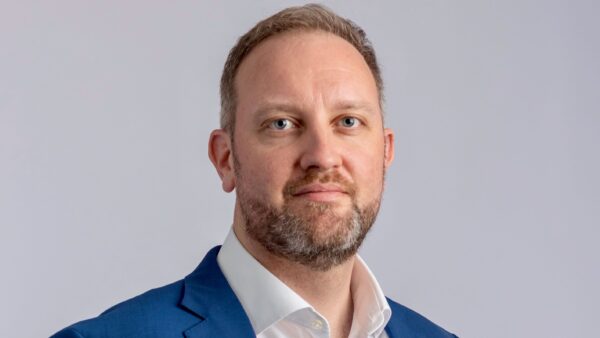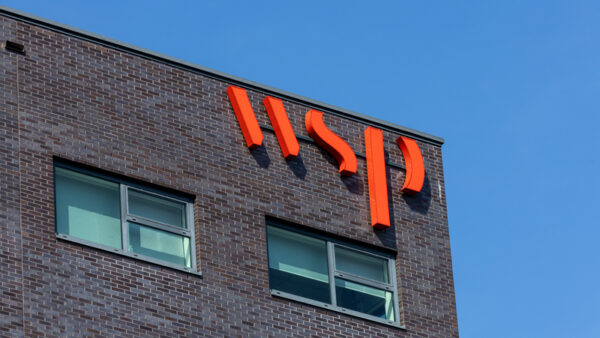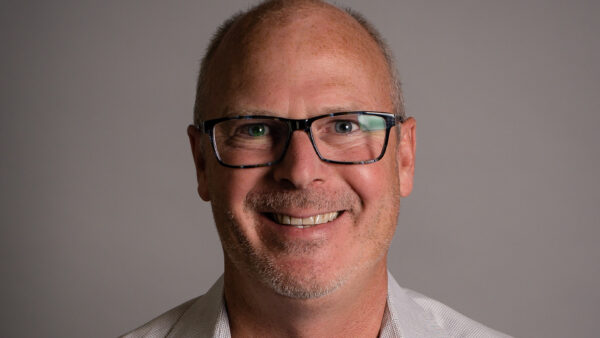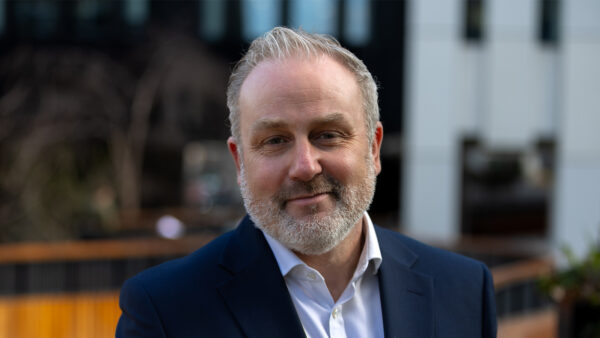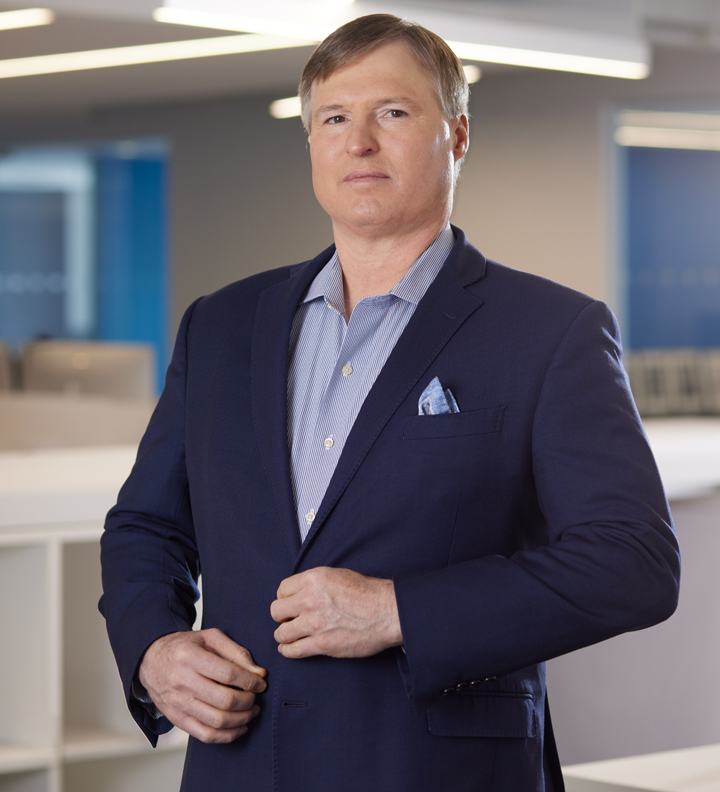
Construction industries the world over are filled with people who love to build things, people who played with dumper trucks and Lego and dreamed of one day constructing a dam across a local stream, or a tree house with a balcony and electrical hook-up.
It’s also true that the urge to build can be at odds with the world of business.
Somehow, making money is a subsidiary concern to making amazing things out of steel, stone and brick – necessary and desirable, certainly, but not really the point of the thing.
What did it matter that the Sydney Opera House was 1,357% over budget? Just look at it standing there as the sun rises, an aria in very expensive concrete.
One implication of this is that there is a need in construction for those who can combine a love of civil engineering with entrepreneurial vision.
Such a one is Richard Newman, a draftee to the US construction hall of fame, alongside Warren Bechtel and Buckminster Fuller.
A civil engineer by training, he is gifted with a remarkable understanding of the workings of business and finance.
He founded AECOM and built it up to become one of America’s largest engineers, with a market capitalisation of more than $10bn.
And he is the founder, along with fellow AECOM chief John Dionisio and finance expert Jeff Kissel, of Global Infrastructure Solutions Incorporated (GISI).
GISI is the culmination of Newman’s life’s work: a company set up to make practical use of all the things he’s learned and all the mistakes he’s made in his 60-year career.
The Newman method
The aim was to create the ideal organisation for building things, a union of those childhood enthusiasms and how the industry actually works.
The result is a company that in seven years has grown from a standing start to a business with more than 15,000 employees, a revenue of $15bn and a project backlog approaching twice that.
Except … the 15,000 figure is a little misleading.
In fact, the GISI team proper has only about 35 members. The others are employed by the businesses that GISI has bought or merged with to create 20-or-so operating companies (opcos), divided into three divisions: construction services, sustainability, and engineering and consulting.

The GISI concept is to free these companies from the demands of investors and, as its website puts it, “the moment-to-moment trends of a short-sighted market”.
Instead, it aims to “collaborate as a family of companies”.
To find out what this means, GCR talked to Derek Amidon, who last year became GISI’s chief operating officer, and also to Raouf Ghali, the chief executive of Hill International, the US-based project manager with a global reach, which GISI merged with in August 2022.
Amidon’s remit covers the whole company, but his focus is on the consulting side, which is less mature than construction services, but “not a start-up by any stretch”, he says.
Family matters
Given the unique structure of GISI and its opcos, how does the relationship work? Is there a chain of command? Do the opcos pitch for GISI’s financial support on a project-by-project basis?
Amidon remarks on some companies’ “toxically competitive” cultures, and says the goal for GISI is to get as far as possible from that. The aim is to build a “collegial” relationship between GISI and the companies, and between the companies themselves.
“It’s not just us sitting in an ivory tower with the shades closed, thinking great thoughts,” he says.
“We spend a lot of time in the operating companies with the leadership teams discussing their businesses. I mean, every week there’s almost a torrent of discussions around the business and what’s happening and opportunities and clients.”
Many of these are face-to-face, so much of his time is taken up with global travel.
This collaborative ethos is part of Newman’s method, and is backed up by the way ownership is structured. Amidon says: “We only have one class of stock. We all own the same stock and we’re owned by our employees. We’re all in the same boat in terms of value creation and our incentives are, I think, quite cleverly arranged to provide the right incentive across the business. The collegial nature of the operating companies is very strong.”
There is also a desire to make the most of synergies between the opcos. “We’re unlocking those increasingly as every month goes by,” Amidon says. “In fact, I was here late last night putting together an agenda for a meeting that we’re going to have just specifically to talk about how we support more collaboration. More formally, the management teams of the opcos come to quarterly get-togethers, with the next to be held in Tennessee.”
Financial discipline
All of that genial collaboration is in the service of one overriding aim: to grow the businesses in a “sustainable, healthy” way.
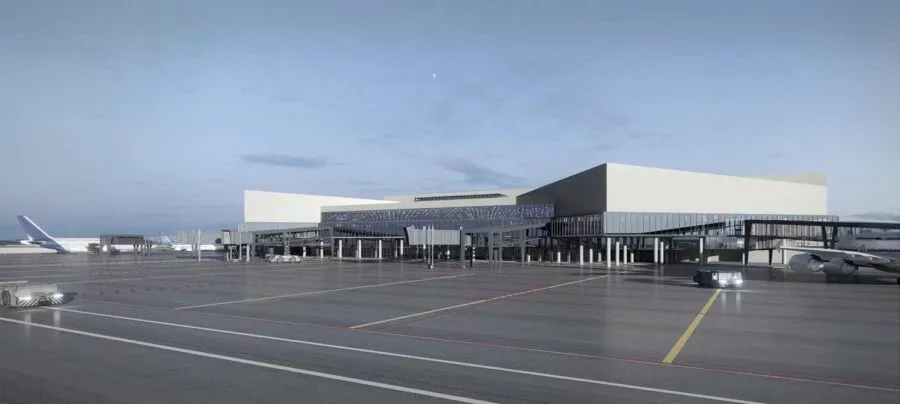
What this means in practice is a relentless focus on the fundamentals of management: putting the right people in the right place with the processes and support they need to win the job and carry it out at a decent margin.
Raouf Ghali explains that, from the point of view of an opco, this means a kind of disciplined rationality.
“In some cases, we probably weren’t as efficient as we could have been. And the experience that Derek and GISI have brought, it really showed us some things that we could improve, such as pricing strategy and pricing models.”
This focus on maximising returns – looking at projects in terms of their eventual EBITDA percentage – requires a manager to “look at all the corporate overhead and regional overhead that goes down to a project level”, Ghali says.
“And you can really assess a project. What do we need to do in order to get it to be profitable? And that’s where the ability to focus on the right issues comes in.
“We always had a good business, but I think it could be refined. So it isn’t just financial resources that we got from this merger.”
Ghali mentions a large, long-running project in the US that Hill had over time given discounts in order to retain the work.
“Once you start looking at it from an EBITDA point of view, that didn’t make that much sense,” he says.
“So, we went back to the clients and told them, at the end of the day, you want the right people and the right people have a market value.”
He adds: “So we’re working with the clients to make sure that they get what they’re expecting, but also we as a business have the returns that we should be having.”
This financial discipline hasn’t deterred clients: Hill’s backlog has doubled over the past 18 months.
“If you have really good clients and you have very smart and capable staff and you provide just the right support at the leadership level, usually success follows,” says Amidon, adding that it’s “the entrepreneurial spirit that really comes right from Dick Newman”.
What to do with AI?
GISI takes AI seriously.
“We have an internal taskforce and we’re working on developing a plan for 2025,” Amidon says.
“In fact, I was at a meeting in Chicago last week with a potential partner company. Our objective is by January 2025 to have a good plan refreshed and updated to meet a lot of progress in 2025.”
As for what it might involve, Amidon says they’ll focus on what works.
“There’s a lot of talk and a lot of hype. We’re seeking to be disciplined and practical in finding solutions that we can bring into the project level to help our clients. We want to come up with the tools and solutions that make us more valuable to our clients.
“The whole point of my agenda was to look at our top 10 clients. What are they asking for? What are we seeing in requests for proposals? Because we have had some RFPs that have explicitly asked for a digital strategy.”
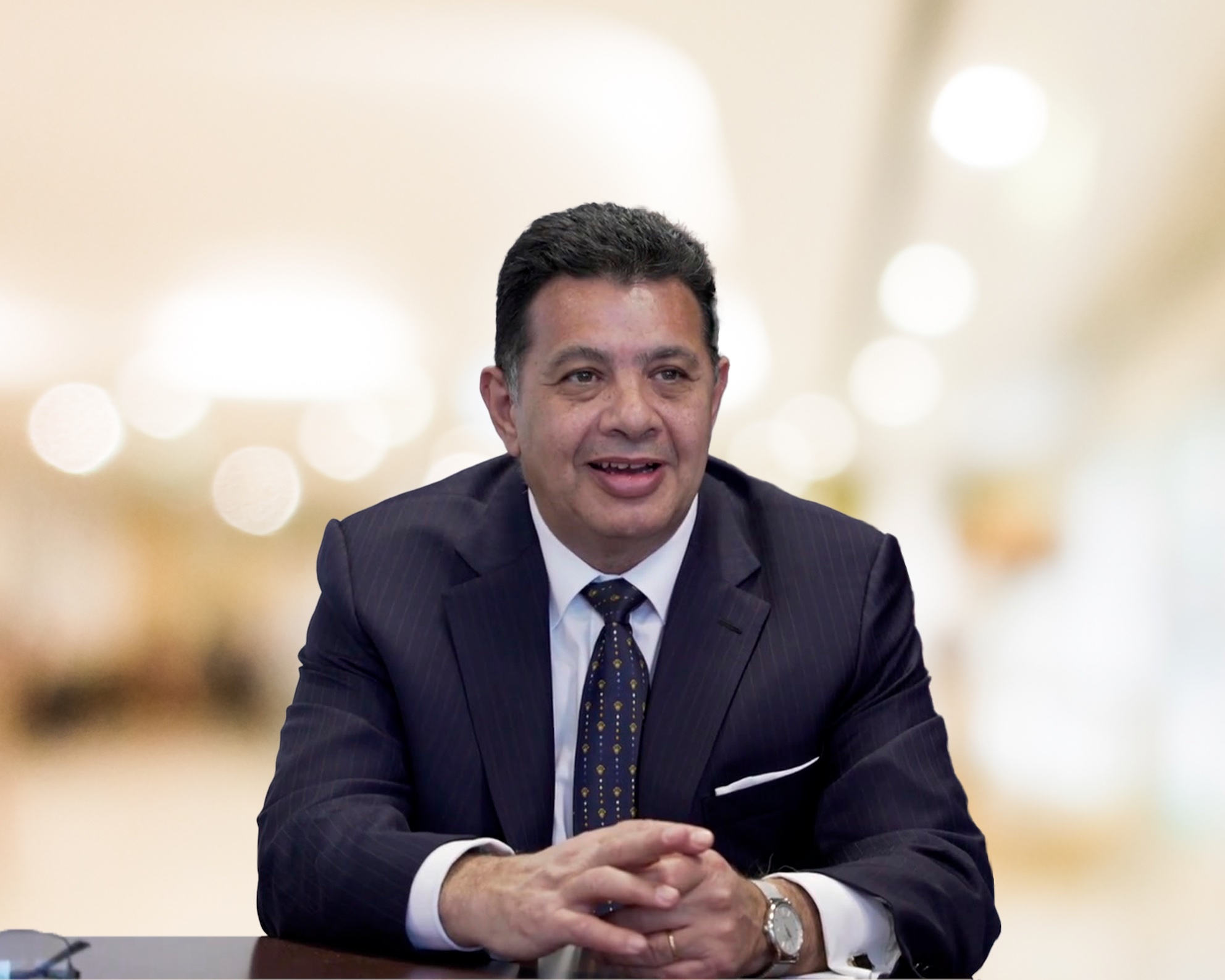
For its part, Hill has already found a way to bring AI to site in just the way that interests Amidon. Ghali gives the example of the redevelopment of Heraklion airport in Crete, where Hill is acting as programme manager. The developer offered to take a share in any digital companies that could bring valuable new tech to site.
“We went with a start-up AI firm and told them, we can’t pay you any money, but let’s put some of these ideas, and if the client likes it, if the construction team likes it, maybe we can go to the next step. Our client loved it, so we had a discussion with Derek, and GISI allowed us a little bit to go outside the box. If we have something like this going on and it makes a lot of sense, maybe we take an equity share, participate with our clients and develop it to something else.”
AI tools have managed health and safety throughout the 6-sq-km site, sending alerts when the system spotted a worker without personal protective equipment, or working at height without a harness, for example. Ghali says the developer and sub-developers liked this, as did the insurance company, which offered a cut in premiums if the tech was fully deployed.
“There’s no way to stop technology,” says Ghali. “We just have to reinvent ourselves, right? I think, over time, every industry, including ours, is going to be able to perform the services at a higher quality with fewer human resources. And then we just have to train to do other tasks.”
The West and the rest
Amidon believes Europe will shortly return to growth.
Ghali agrees, and adds that southern Europe has become highly profitable both in terms of public infrastructure and private development. “Even places like Italy, which were really a closed market, are opening up.”
In the east, Hill was chosen for the Warsaw’s massive Centralny Port Komunikacyjny airport – a “needle-mover for the whole region” – and is hoping to repeat the feat at Vaclav Havel airport in Prague, which would lead Hill to doubling the size of its organisation in the Visegrad countries.
Elsewhere, the Balkans are profiting from EU investment and its work on the UN office complex in Geneva has given it extra credibility in the NGO sector.
One missing country in that survey is the UK, where Hill is notable by its absence. “We’d love to be in the UK,” Ghali says. “We’re talking with GISI about how we could be back in the UK because I think that market is going to turn around and it’s going to be a good market as it always is.”
About the US, Amidon is equally buoyant.
Outside of North America and Europe, Hill continues to make hay in the Middle East and North Africa, where it has built up a long track record of major projects. Ghali notes that the Qatari market is stirring again after the World Cup, and he is expecting an imminent announcement about the start of work on the Saudi Landbridge, a 950km line that will link Jeddah and Riyadh.
For his part, Amidon picks out South East Asia as a region that GISI would like to grow its presence. “We have over 1,000 staff in Asia. We have staff in Hong Kong, Singapore, Malaysia, Vietnam. We’re continuing to make investments there. I think we’ll continue to see growth throughout that business. That business is led by an exceptional, highly experienced team that’s spent their entire careers in those markets.”
- Subscribe here to get stories about construction around the world in your inbox three times a week
Further reading:

